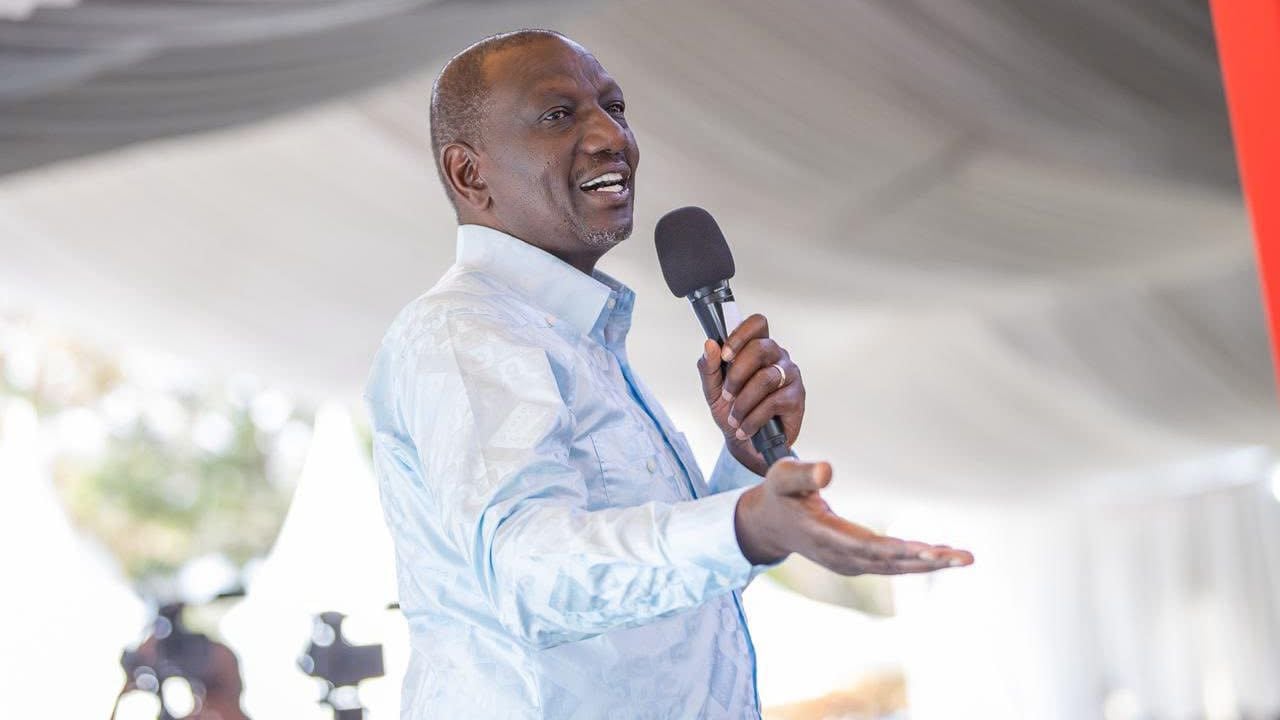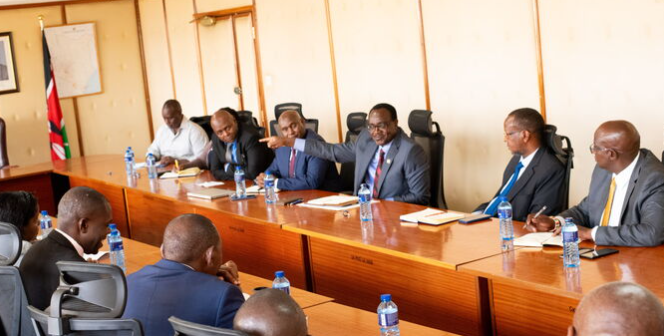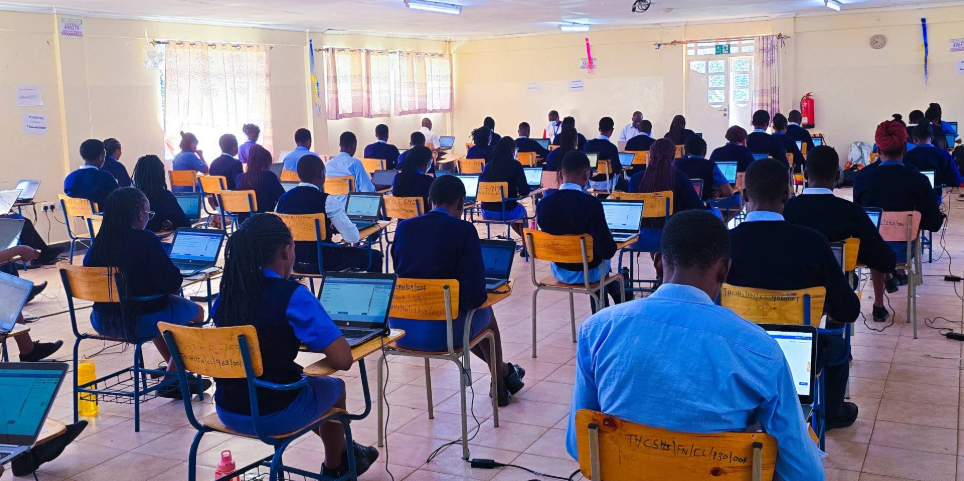President William Ruto has admitted that Kenya is currently experiencing a daily power shortage, forcing the government to carry out load shedding.
Speaking in Doha, Qatar on Tuesday, November 4, Ruto explained that the country’s energy demand between evening hours has outpaced current generation capacity.
"Today in Kenya, between 5 pm and 10 pm, we have to do load-shedding, we have to shut some areas so as to be able to power other areas because our energy is not enough," he said.
Additionally, Ruto disclosed that the government’s plan to set up data centers has stalled due to insufficient electricity capacity.
He explained that one data center requires 1,000 megawatts, yet the whole country has 2,300 megawatts.
Read More
Ruto joked that setting up a single data center would require shutting down half of the country’s electricity supply.
"When I went to the United States, we signed an agreement between G42 of the UAE, Microsoft of America, and Kenya to establish data centers.
"When I got back home, we were told that one data center requires 1,000 megawatts, yet the entire country only produces 2,300 megawatts. So, to set up one data center, we would have to shut down half the country," he said.

Ruto emphasized that the country needs to generate at least 10,000 megawatts in order to be industrialized.
"If we have to industrialize, if we have to engage in manufacturing, we need a minimum of 10,000 megawatts and we need it like yesterday," he added.
Ruto's confession comes months after Kenya recorded its highest-ever electricity demand, reaching a new peak of 2,362.28 megawatts (MW).
In a statement on Wednesday, July 30, Kenya Power attributed the surge in demand to new customer connections and increased grid usage during the cold season.
The company said data from its National Control Centre indicates the record demand was registered on Wednesday, July 23.
It came weeks after a previous high of 2,325 MW was recorded on July 2, surpassing the earlier peak of 2,316 MW set in February this year.
"We are at various stages of implementation of the last mile connectivity projects that have been commissioned across the country. In addition to these projects, the Company is carrying out other connectivity projects targeting various customer categories, including commercial and industrial consumers. We expect that the onboarding of these customers will push electricity demand further," Kenya Power's Managing Director & CEO, Dr. (Eng.) Joseph Siror said.
He added: "The new peak demand is a testament to our commitment to drive national electricity access through the deployment of various electrification projects. When we look at our electricity dispatch figures, we realise that electricity demand has increased by 46 MW in the last five months since February, when we had the first peak demand this year. We expect the momentum to continue as we roll out more connectivity projects across the country."





